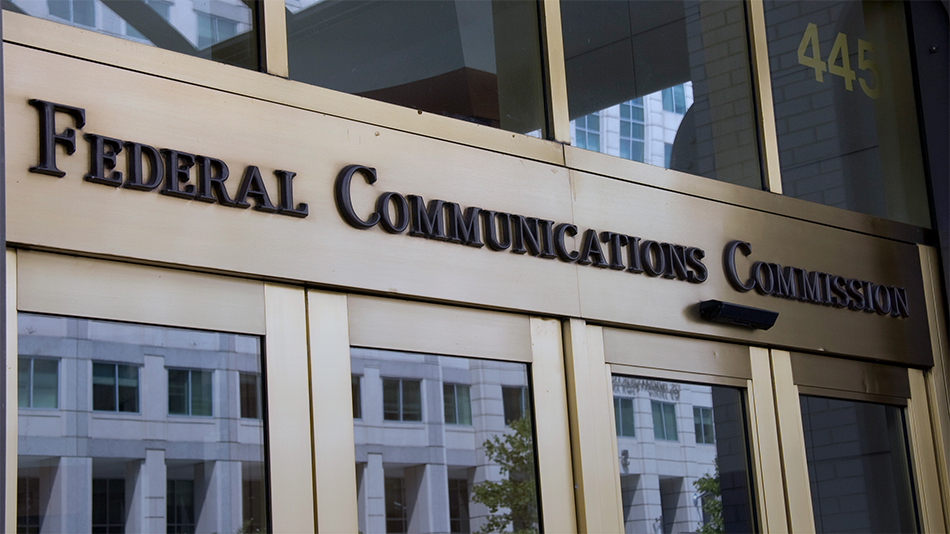As you’re probably all too aware, the U.S. is in the midst of an opioid epidemic, meaning that some life-saving overdose treatments have become crucial tools for hospitals, law enforcement, first responders, and families of addicts. At the same time, the makers of one such vital drug have raised the price by more than 600% since 2014, drawing the attention of lawmakers who want to know why. [More]
Government Policy
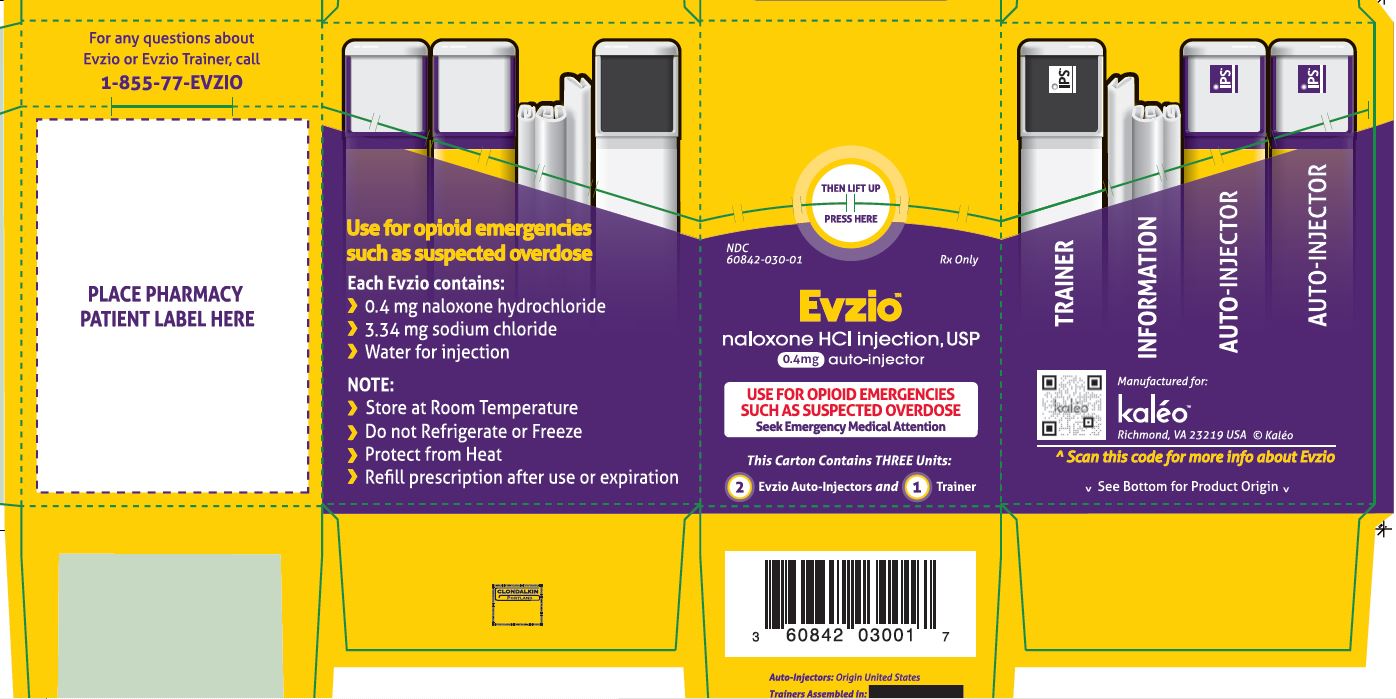
Senators Want To Know Why Price Of Lifesaving Drug Went From $690 To $4,500
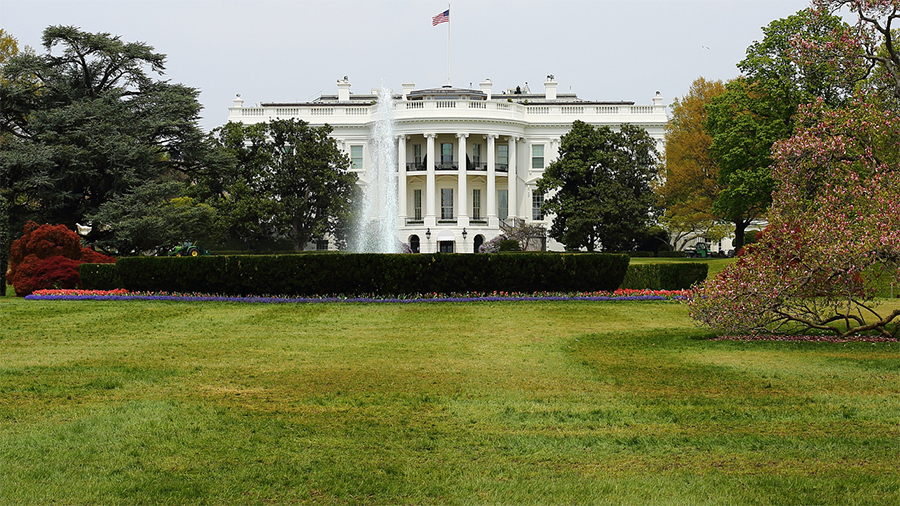
New Lawsuit Claims Trump’s Pro-Deregulation Executive Order Violates Constitution
Last month, President Trump signed an executive order intended to spur massive deregulation — or at least curb new regulations — by requiring that for each new rule issued by a federal agency, at least two rules would have to be undone. Now that order is the target of a legal action claiming that it violates the Constitution and will ultimately harm American consumers. [More]
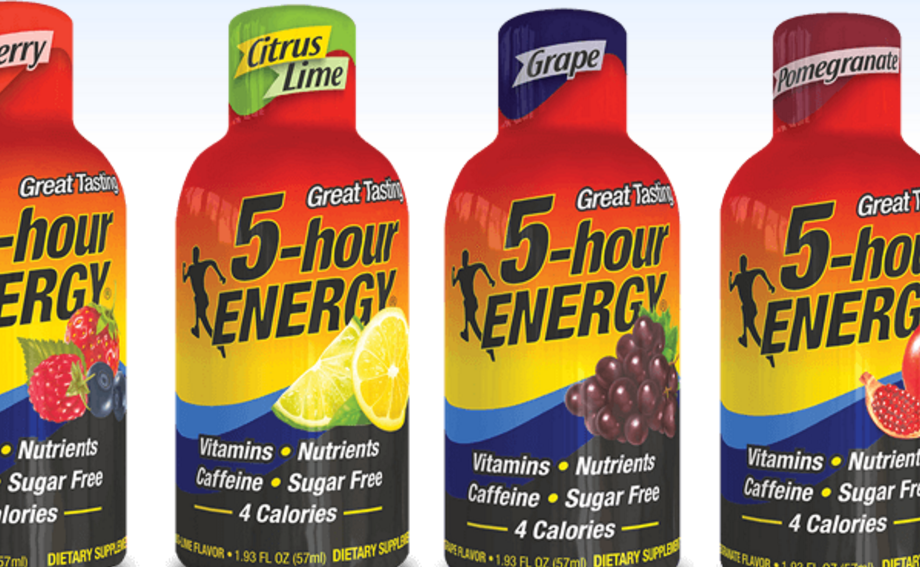
5-Hour Energy Ordered To Pay $4.3 Million For Deceptive Ads
Four months after a Washington state court ruled that the maker of the popular 5-Hour Energy drink had misled consumers into believing that its product was superior to caffeine, the judge has ordered the company to pay a total of $4.3 million. [More]
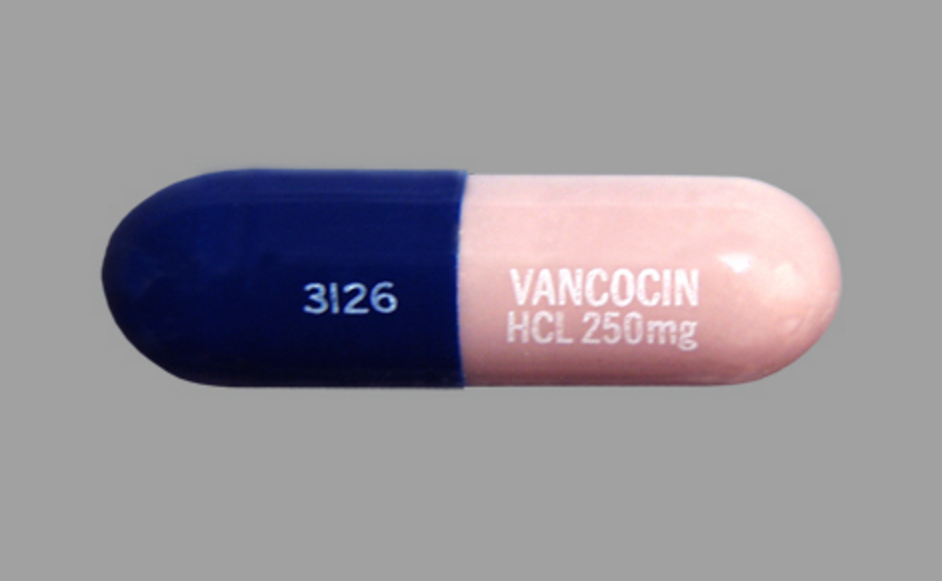
Feds: Drug Company Delayed Cheaper Generics By Flooding The FDA With Paperwork
Given that a brand-name prescription drug stands to lose a significant chunk of its market share once a lower-price generic becomes available, you can understand why a drug company would want to do anything it can to delay the cheaper alternative, even if you disagree with their intentions. We’ve seen companies accused of paying millions to stave off competition through alleged “pay for delay” deals, and we’ve also seen examples of “product hopping” to prevent competitors from entering the field. Now here’s another method for keeping generics off the market: allegedly flooding the Food and Drug Administration with pointless paperwork. [More]
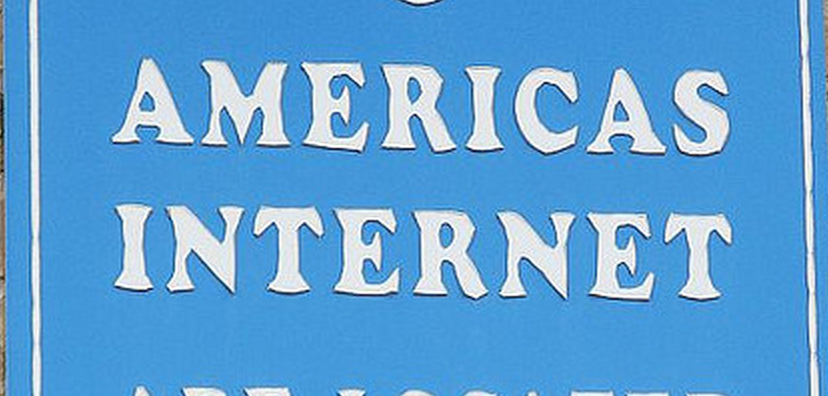
Senators Say Loss Of Net Neutrality Will “Unleash A Political Firestorm”
There’s nothing subtle about the writing on the wall: New FCC chair Ajit Pai openly despises and wants to do away with the 2015 Open Internet Order, which reclassified broadband as a utility-like service, and cemented the “net neutrality” rules. However, some lawmakers and consumer advocates have made it known that they aren’t ready to give up these recently earned protections. [More]

House Passes Bill Requiring Warrants For Searching Older Emails
The House of Representatives has unanimously passed a second attempt at new legislation that would update existing federal laws to require that law enforcement obtain a warrant in order to remotely search files that are older than six months. [More]
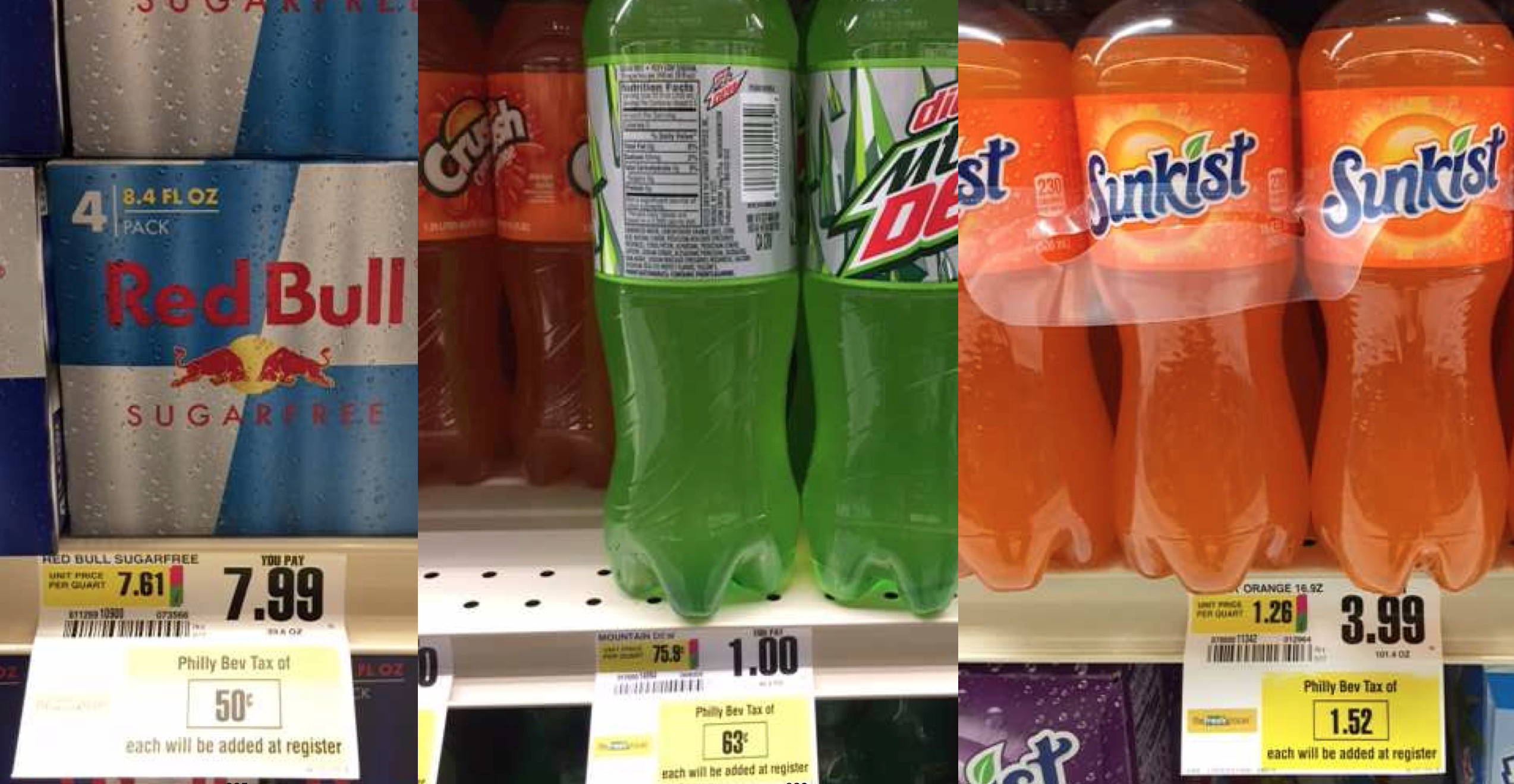
State Lawmakers Push Back Against Philadelphia Soda Tax
The beverage industry’s efforts to derail Philadelphia’s new controversial tax on sweetened drinks have thus far been unsuccessful, leading to higher prices and unhappy customers when the tax went into effect on Jan. 1. Now, dozens of state lawmakers are going after the city’s tax, calling it an “impermissible sales tax” that “sets a dangerous precedent.” [More]

Hospitals To Congress: Keep Obamacare Or Restore Billions In Payments To Cover Uninsured
When a patient shows up to the emergency room needing immediate life-saving surgery, they are going to receive treatment whether they have insurance or not. With both Congress and the White House pushing for repeal of the Affordable Care Act, hospital administrators are telling lawmakers they will need to restore billions of dollars a year in federal funding to hospitals to cover the costs of treating uninsured and low-income patients. [More]

Late Tax Refunds Could Mean Fewer People Watching Super Bowl On New TVs
The Internal Revenue Service recently announced that millions of tax refunds may be delayed this year as the agency tries to combat fraud. Some experts say this delay could have an unintended consequence: fewer new TVs tuned in to this Sunday’s Super Bowl. [More]

Trump Order Targeting Dodd-Frank Reforms Is Largely Symbolic, Still Cause For Concern
This morning, President Trump began to fulfill his campaign promise to “get rid of Dodd-Frank,” putting his name to an executive order that directs federal regulators to revise the rules established by the 2010 financial reforms. While this latest directive from the Oval Office is largely symbolic and does little to change existing regulations, consumer advocates say there are still reasons to be concerned. [More]

Do Investment Advisors Have Your Best Interests In Mind? They Don’t Have To
The Department of Labor’s Fiduciary Duty Rule aims to protect families from conflicts of interest by requiring advisors to act in the best interest of customers. Sounds pretty common sense. But it’s now in jeopardy as President Donald Trump on Friday signed an executive order directing the Department to take the first step toward changing or eliminating the rule, before it even formally takes effect. [More]
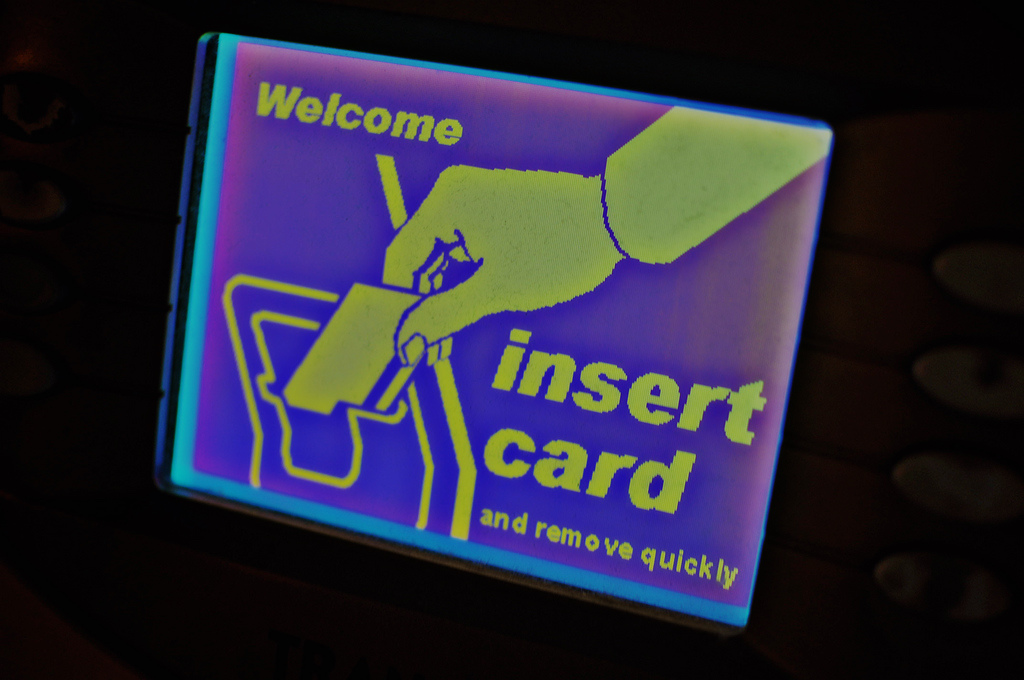
Congress Trying To Roll Back Consumer Protections For Prepaid Cards
Last fall, weeks before the election, the Consumer Financial Protection Bureau concluded a three-year process of trying to make prepaid cards less costly. Those new rules, which would improve transparency and curb runaway fees, are set to go into effect later this year, but not if lawmakers on Capitol Hill have their say. [More]

Thanks To Policy Change, Your Ground Beef May Include More Heart Than You Think
For nearly 40 years federal food safety regulators had prohibited the use of any part of the cow heart in making ground beef. With little fanfare, that policy has changed. [More]
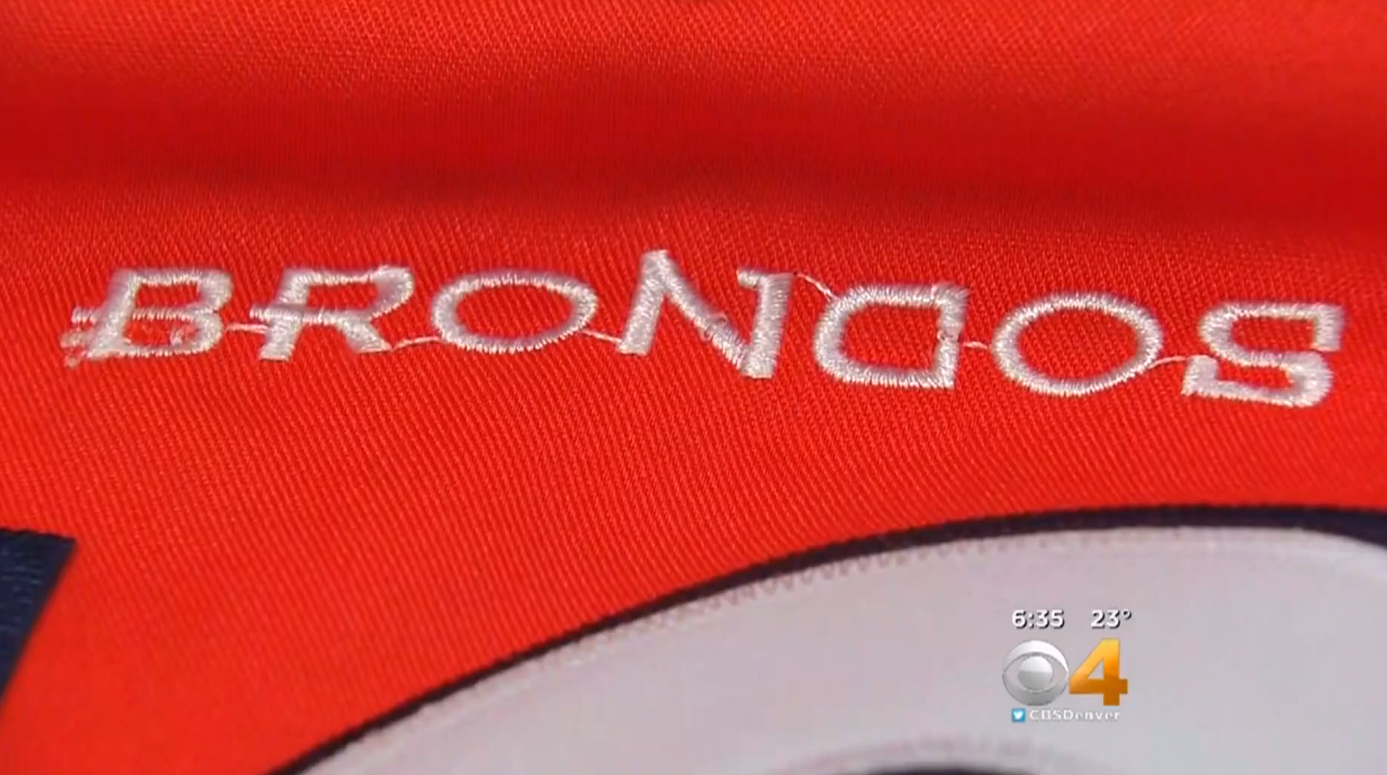
Counterfeit Sports Gear Is Harder To Stop When Fans Order Directly From China
When you’re in the market for a jersey or hat to represent your favorite team, you know that the gear being hawked out on the sidewalk near the stadium is probably not legitimate. Online, things get fuzzier, and sellers of counterfeit merchandise pop back up faster than law enforcement, trademark holders, and even the marketplace sites can knock them down. [More]

New Chairman Orders FCC To Abandon Court Defense Of Rule Limiting Prison Phone Rates
Most of us stopped paying by-the-minute for phone calls years ago; a luxury that’s not available to the men and women in prison, where the few providers of phone service charge as much as $14/minute. The FCC’s efforts to cap these rates are currently being held up in court, and with a new business-friendly Chairman at the helm, the FCC has opted to not defend the very rules it came up with only 15 months ago. [More]



